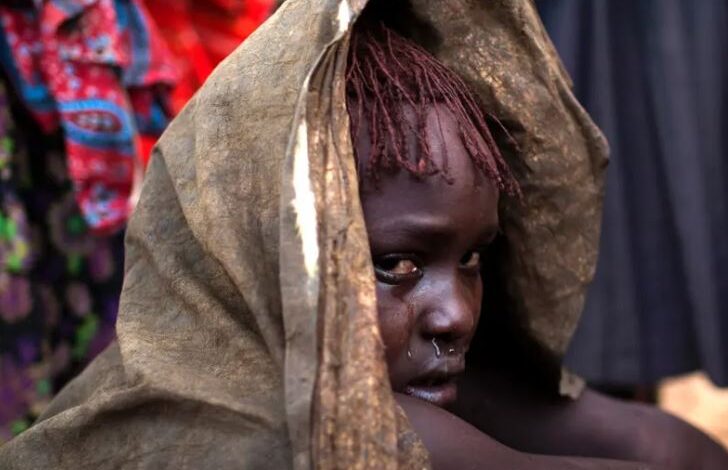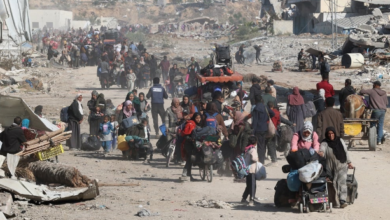The Alarming Rise of Medicalized Female Genital Mutilation (FGM) in Kenya

The practice of Female Genital Mutilation (FGM) in Kenya, traditionally carried out in public ceremonies, has taken a disturbing turn with the rise of its medicalized form. Despite Kenya banning FGM in 2011, the practice has not been eradicated but rather has shifted to medical settings, where health workers perform the procedure clandestinely.
Edinah Nyasuguta Omwenga’s story is a stark example of the repercussions of medicalized FGM. Omwenga underwent FGM at the age of seven in a hospital, which later caused severe complications during childbirth. This form of FGM is often mistakenly perceived as safer, leading to its growing prevalence.
UNICEF’s 2021 report highlights the increase in medicalized FGM not only in Kenya but also in countries like Egypt, Sudan, and Guinea. This shift poses a significant threat to the progress made in eliminating FGM. It is believed that over 80% of FGM procedures in Kenya’s Kisii county are performed by health workers. The financial incentives and societal pressure contribute to the continuation of this practice, even among educated and upper middle-class households.
Campaigns against FGM face the challenge of deep-rooted traditions and beliefs. Efforts to combat the practice include awareness campaigns and alternative rites of passage that celebrate coming-of-age without the harm of FGM. These initiatives are crucial in changing attitudes and practices surrounding FGM in Kenya.
As part of these efforts, non-profit organizations like Manga HEART are conducting ceremonies to educate and empower girls, offering a blend of celebration and education as an alternative to FGM. These ceremonies are vital in fostering a cultural shift towards abandoning harmful practices while preserving positive cultural traditions.
The Kenyan government and activists are working to eradicate FGM, but the transition to medicalized FGM presents new challenges. A combination of legal action, education, and community engagement is necessary to protect women and girls from this harmful practice.
This worrying trend in Kenya reflects a complex interplay of tradition, health, and human rights, demanding concerted efforts for effective eradication.





